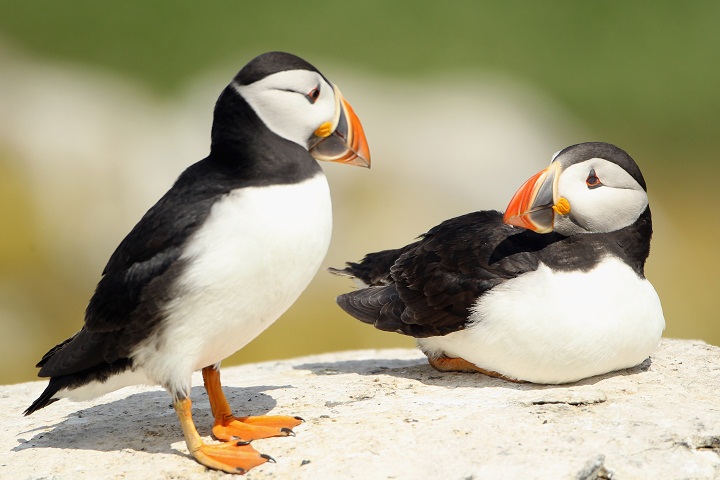TORONTO — The chemical that caused the deaths of thousands of seabirds in the UK earlier this year has been banned from being dumped at sea.

High viscosity polyisobutylene, also known as PIB, caused an estimated 4,000 bird deaths after being poured into the ocean during tank cleaning earlier this year off England’s south-west coast.
Surviving birds of at least 18 species washed ashore on beaches from Cornwall to Dorset in two separate incidents in January and April.
The hazardous glue-like residue coated their feathers, leading to immobilisation, hyperthermia, starvation and eventually death. The pollution also caused burns to the birds’ legs.
The International Maritime Organisation (IMO) announced Monday ships will be prohibited from dumping PIB into open water and will have to dispose of the chemical at port starting in 2014.
Until now it has been legal to discharge the chemical into the ocean in restricted quantities under certain circumstances, even though it’s considered an environmental hazard.
After campaigning vigorously for a change to the maritime law, conservation groups welcomed the news.
“We are delighted with the action taken by the IMO. The global trade in PIB products is increasing and with it the risks to our precious marine environment,” said Alec Taylor a marine policy officer for the RSPB, a wildlife conservation organisation in Europe. “Today’s global ban on the deliberate discharge of high viscosity PIBs into our seas is a real step forward and one that we hope will end this particular pollution threat to seabirds and other marine life.”
The majority of affected birds were guillemots, but the spill also killed razorbills, puffins and gannets.
Most were found dead, but the Royal Society for the Prevention of Cruelty to Animals managed to treat over 300.
“We welcome this decision. Our staff worked around the clock washing and treating these poor birds in January and April and it was heartbreaking seeing the pitiful state they were in,” said RSPCA senior wildlife scientist Adam Grogan. “Hopefully this will help stop incidents like these happening again, and save wildlife from suffering and dying like this in the future.”
PIB is also blamed in the death of seabirds littered off the Dutch coast in 2010.
- 2021 heat dome fuelled by climate change, intensified wildfire risk: study
- B.C. introduces legislation recognizing Haida Gwaii Indigenous title
- Whale experts confident B.C. orca calf will survive, find family if rescue plan succeeds
- Plastic production cap still contentious as Ottawa set to host treaty talks





Comments